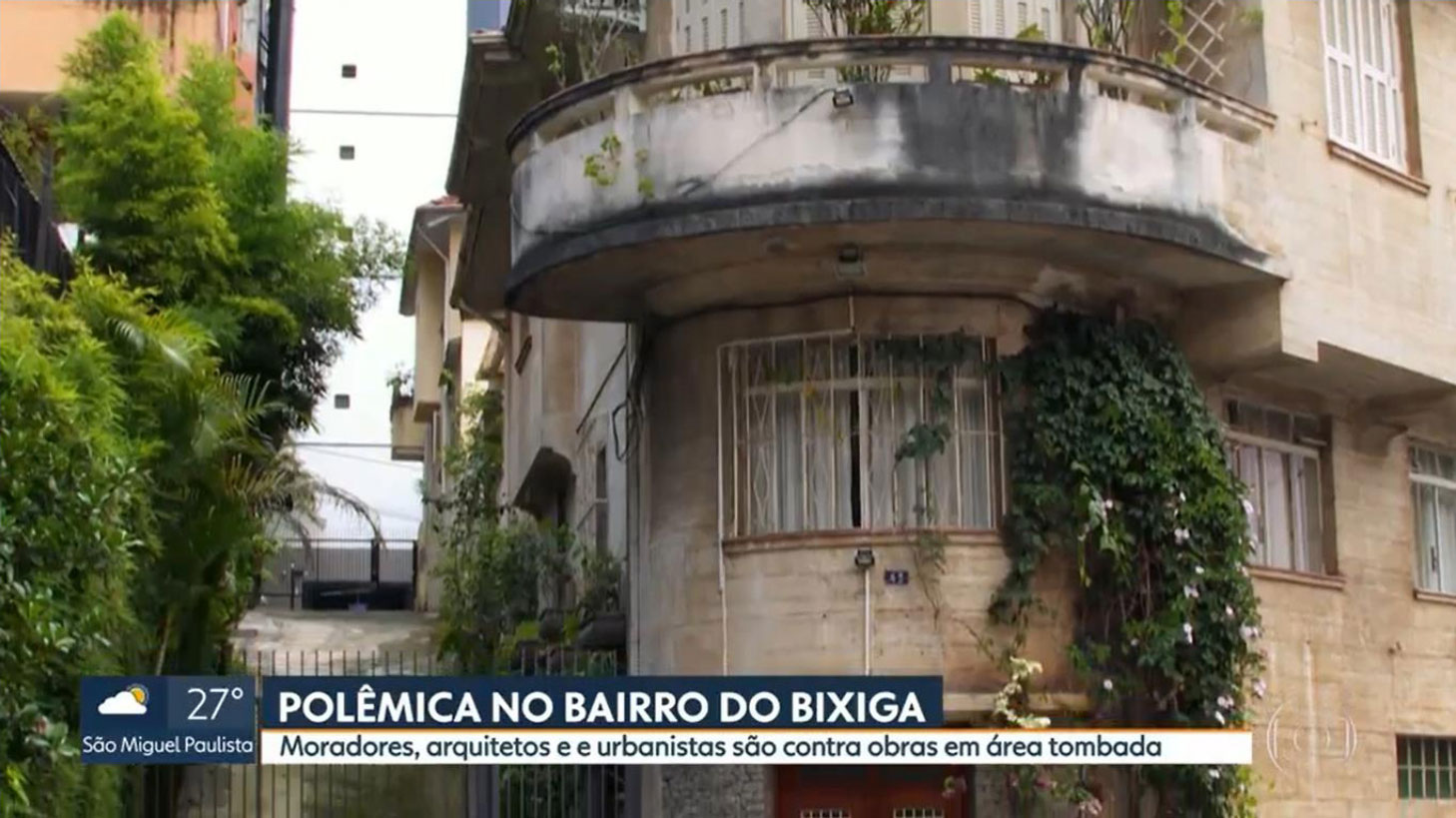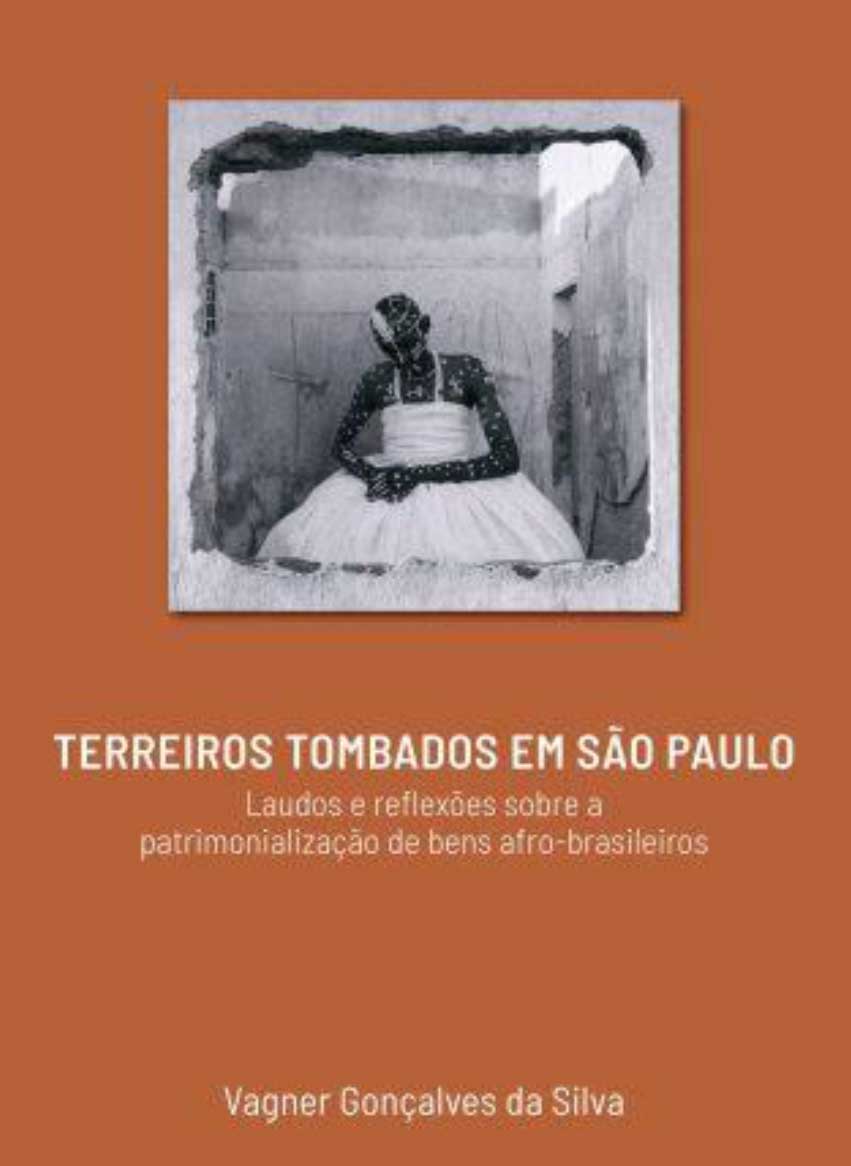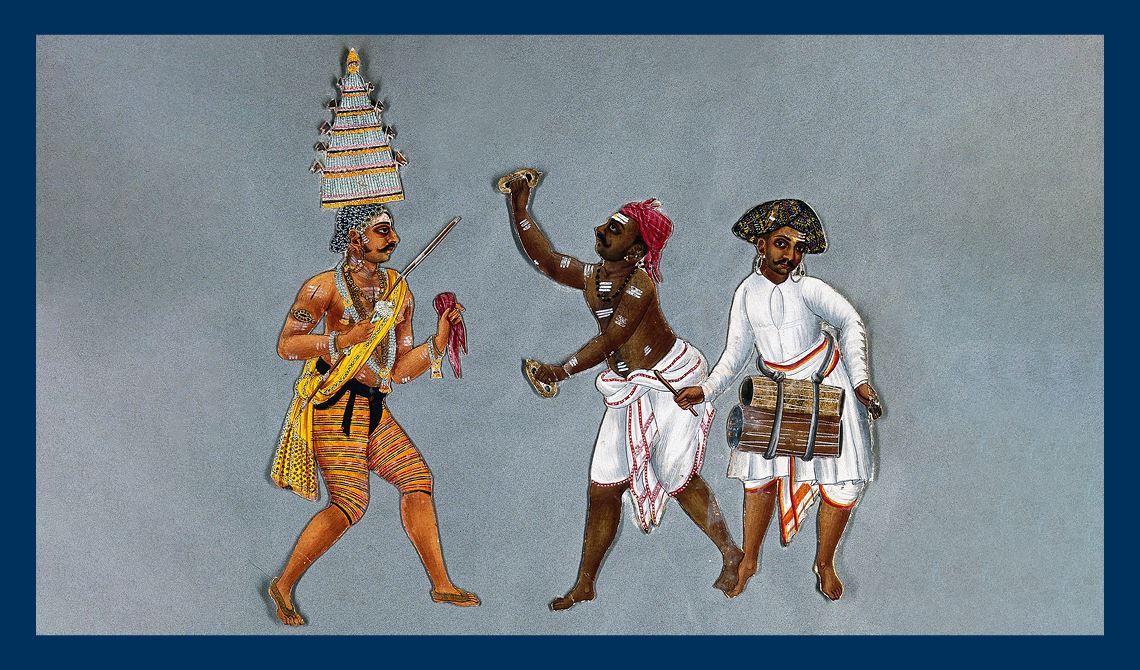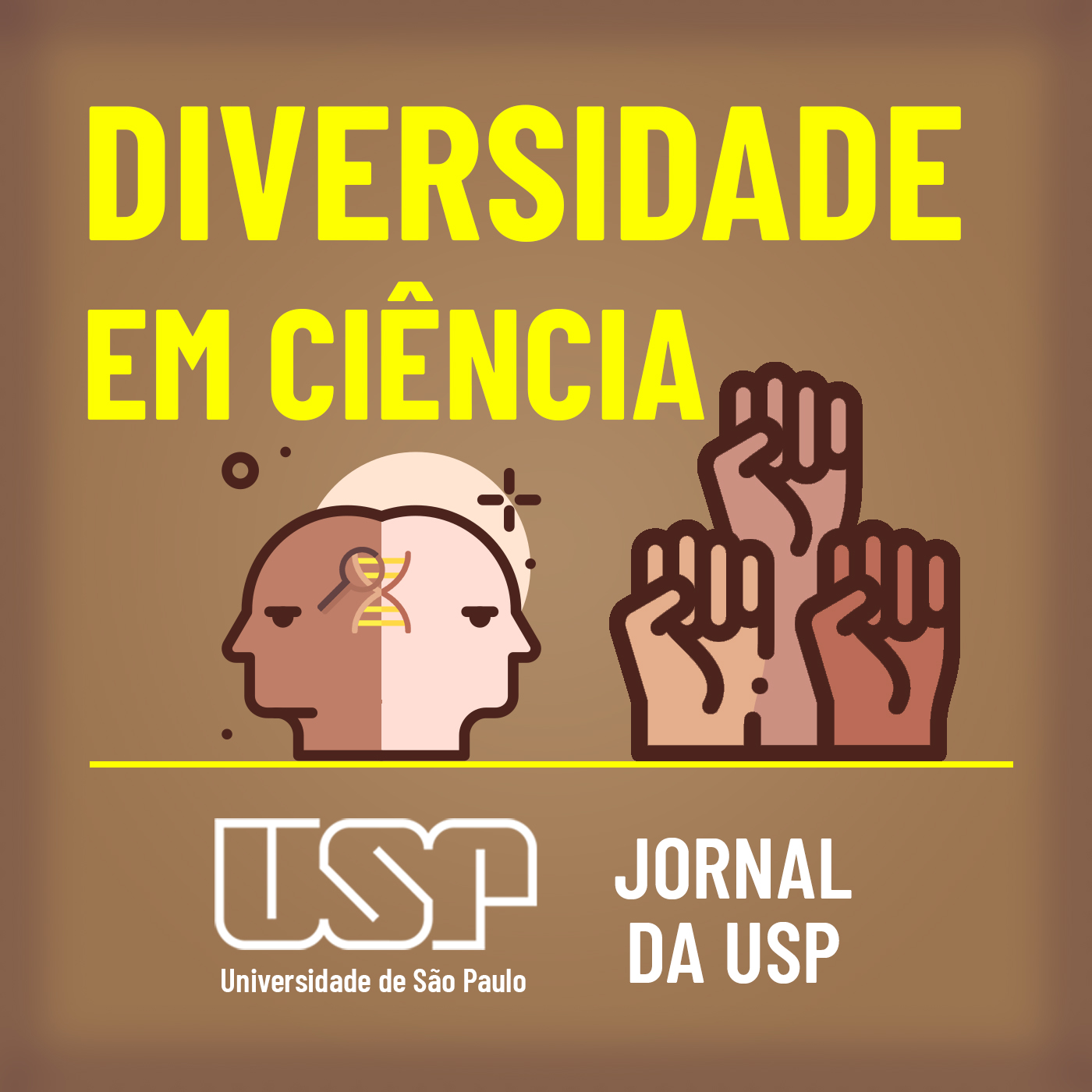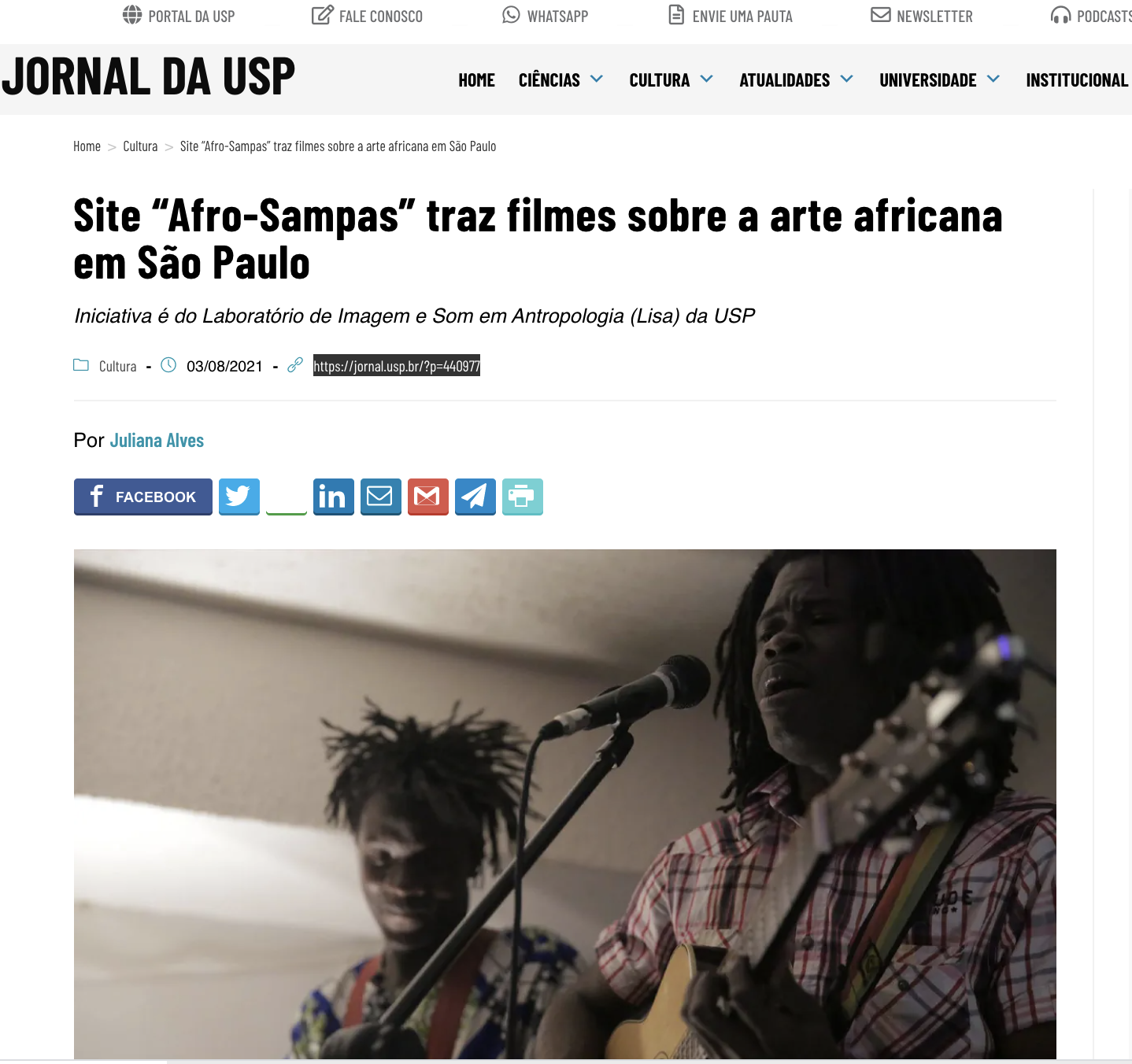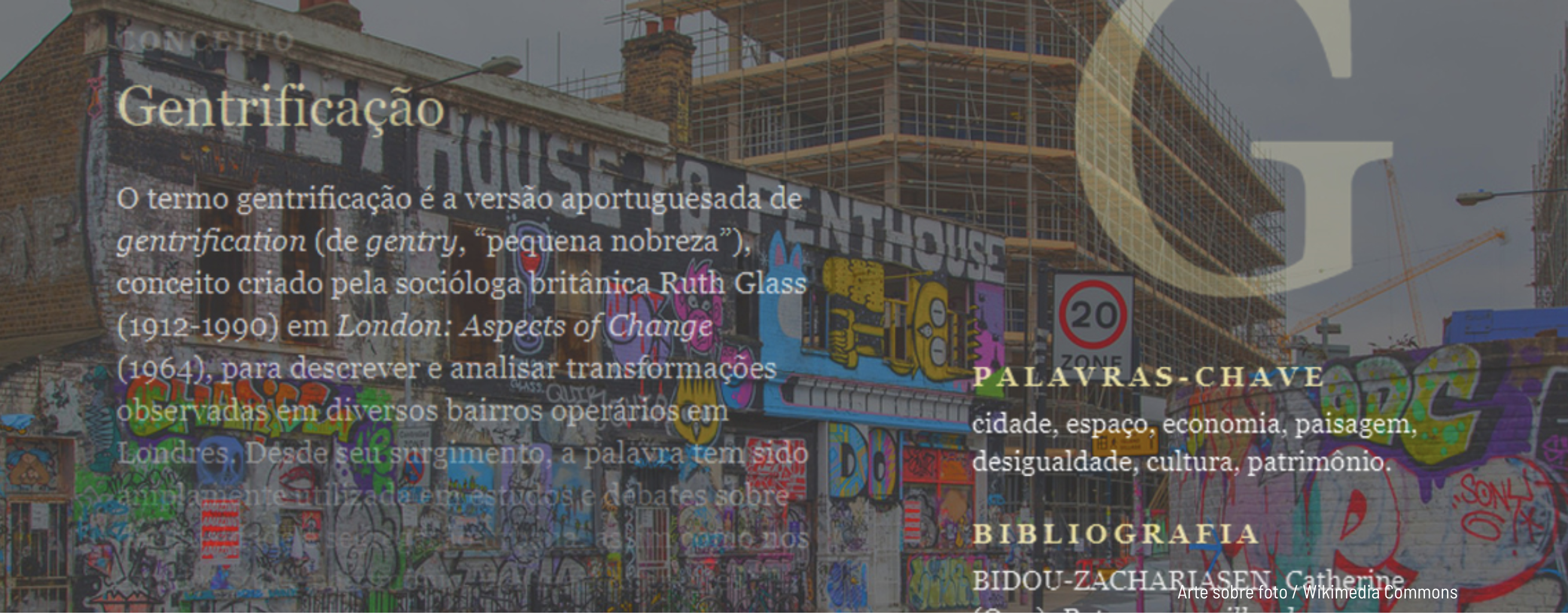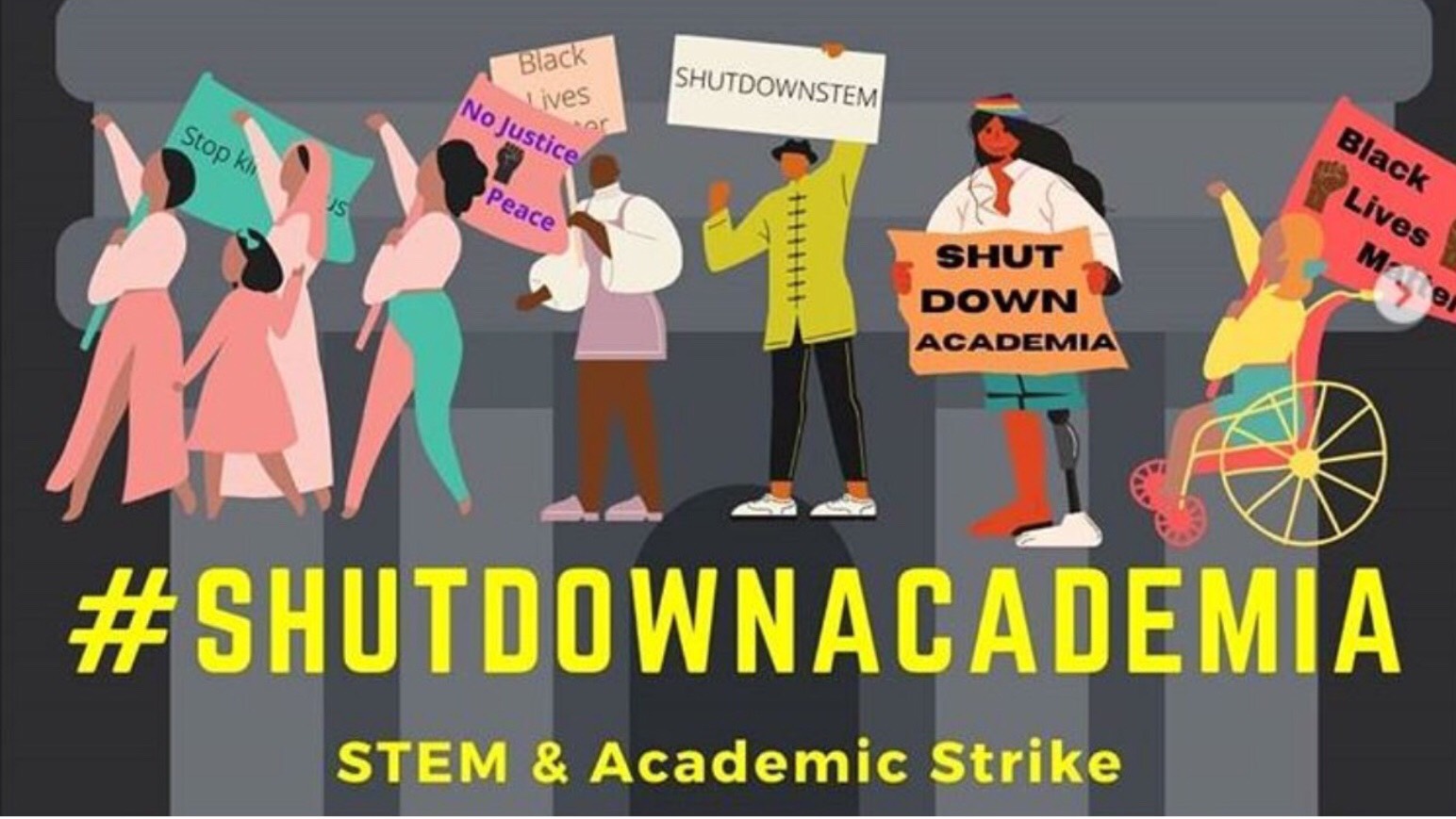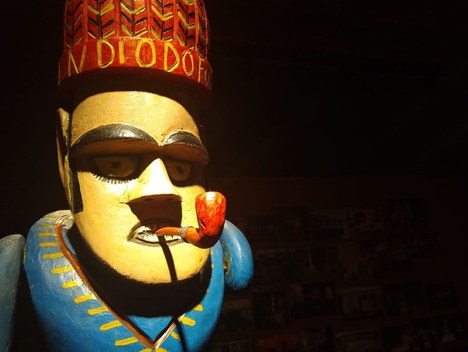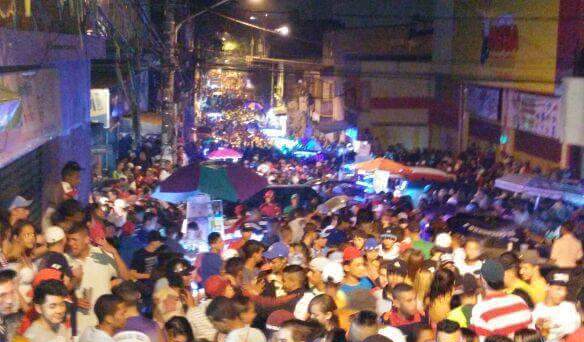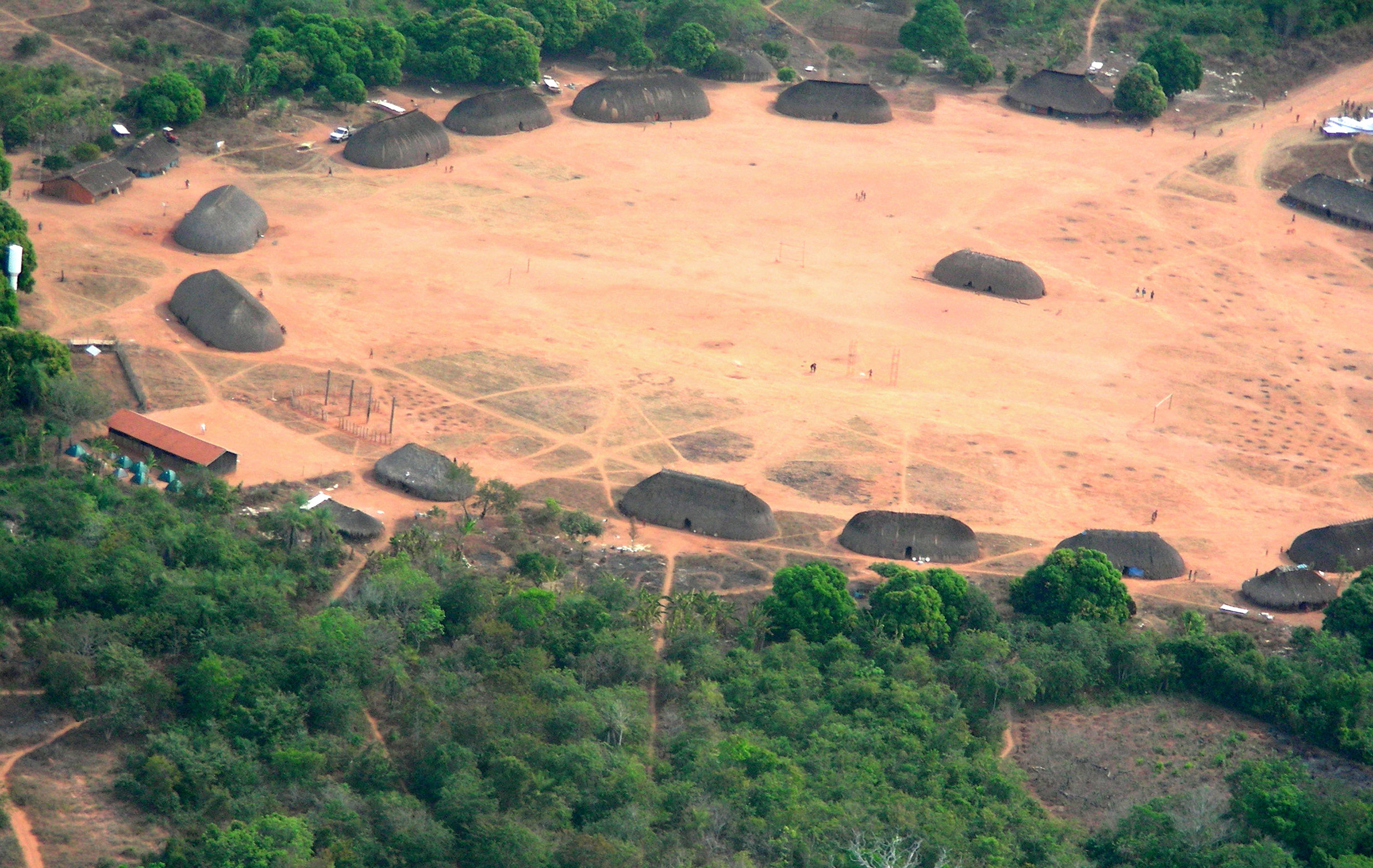PPGAS in the media
Luís Michel Françoso (PPGAS-USP) participated in an article by SPTV (Globo) about improper construction in an urban area listed by Conpresp.
Book by Prof. Vagner Gonçalves da Silva about anthropological reports used for the tomb of communities in São Paulo terreiros by Condephaat was featured in Quatro Cinco Um magazine.
Specialized and open access encyclopedia that brings together content produced by graduate students made the news in FAPESP magazine!
Visit the Encyclopedia of Anthropology!
https://revistapesquisa.fapesp.br/antropologia-em-verbetes/
On the program Diversidade em Ciência at Radio Usp FM, Ricardo Alexino Ferreira interviews Rose Satiko Gitirana Hikiji, a professor at the Department of Anthropology at the Faculty of Philosophy, Letters and Human Sciences at USP.
She talks about the launch of the multimedia site Afro-Sampas, which rescues the resistance of Africans in São Paulo for the recognition of their humanities and citizenship through artistic manifestations. Check this out on this link!
Link to JUSP article: https://jornal.usp.br/?p=440977
Virtual Encyclopedia of Anthropology unites teaching, research and university extension
Usp students and professors work on the themes and eeds with scientific rigor and seek to bring knowledge of the area in accessible language to the public
https://jornal.usp.br/universidade/enciclopedia-virtual-de-antropologia…
In Bulletin No. 44, Laura Moutinho (USP) reports on the developments in the American academic environment of the Black Lives Matter movement, through the hashtags created by STEM, an acronym for science, technology, engineering and mathematics, which paralyzed the academic publishing market in June 2020. The author points out that the racial discussion in the scientific environment repositions science as an entity capable of impacting on the debates held in society, producing new subjectivities; and reinforces the importance of the intersectionality of racial debate to gender issues, since there is in the academic environment the under-representation of women, especially non-white women. Check it out here.
The journal Folha de São Paulo published, in January 2020, a report signed by the PPGAS'researcher Meno del Picchia, together with journalist Nina Rahe about the presence of funk in the city's celebrations after the 2019 tragedy that led to death of 9 innocent youths by the police.
The research sought to understand funk in São Paulo in the light of music anthropology, in particular, based on the concept of music by the New Zealander Christopher Small. Musicking funk is not the same as funk music. Music is the sound object, the recording, the phonogram. The musicking talks about all kinds of engagement observed in a specific sound-musical manifestation, and about all the actors involved (in the case of the funk flow, for example, from the bar owners selling drinks, to the powerful sound systems that young people take on the backs of cars. Ethnography was part of the Funk League, an association that guides young aspiring MCs and DJs. He toured some funk studios to describe the creative processes and the technologies involved in making music. of a neighborhood on the south side of São Paulo, famous for its street flows. The flow looked like a musician revealed the centrality of a complex network of sound systems being activated every weekend by young funkeiros and funkeiras in the streets, in doors of bars and inside tobacconists. Young people get involved and get together from the electric activation of powerful loudspeakers. Living with the sound mass produced at parties is not peaceful, it generates disputes over local but also of a political nature that transcend local issues.
For the full article, access here.
The research that is still in progress, guided by Professor Ana Cláudia Marques, came out in the nexus Journal, which deals with a conflict involving the overlap of a national park and an ecological station over traditionally occupied territories in the middle courses of the Xingu and Iriri rivers, state of Pará. especially with families that identify themselves as borders, focusing on the connections between territoriality and forms of resistance within the framework of this conflict. The research is done by researcher Natalia Guerrero.
To access the full article click here.


